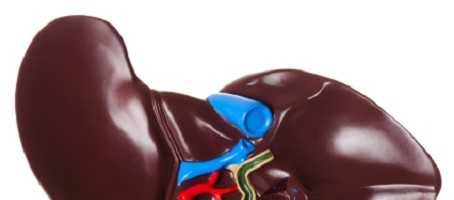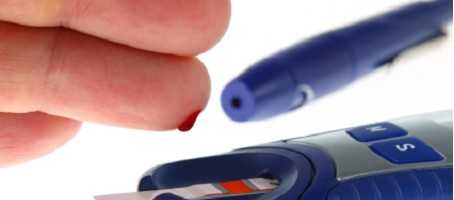A pump that assists the liver and kidneys could provide relief for patients coping with cirrhosis of the liver, a condition which can result from type 2 diabetes.
The pump, known as the Alphapump, is being tested on patients at the Royal Free Hospital in London. The pump could prevent patients from having to attend hospital regularly to have excess fluid surgically drained.
Liver disease can be brought on by type 2 diabetes, which can lead to the liver taking in more fat than it can process. This type of liver disease is known as non-alcoholic fatty liver disease (NAFLD). Excess fat in the blood can be caused by having too many calories per day. A too high calorie diet can typically result from having too much carbohydrate, fat or too much of both.
There are 4 stages of NAFLD. Cirrhosis is the fourth stage. By this point the liver has become scarred and begins to shrink and develop a lumpy appearance. At this stage the liver begins to fail and cannot perform its role adequately.
Failure of the liver can also affect how the kidneys function and this can lead to excess fluid building up inside the peritoneal cavity, the area of the abdomen around the bladder. Patients with cirrhosis may carry litres of fluid in their abdomen which needs siphoning off at regular intervals. Excess fluid caused by liver disease can cause patients to have a swollen tummy that may resemble pregnancy.
The pump works by pumping fluid out of the peritoneal cavity and into the bladder. The pump itself is implanted under the skin and has two tubes attached. The first tube is positioned within the peritoneal cavity and draws fluid up towards the pump. The pump then transfers the fluid into the second tube which drains into the bladder. The patient can then excrete the fluid when they go to the toilet.
The Alphapump can drain around 15ml every 15 minutes and can be turned off over night to prevent needing to urinate during the night. The pump brings a number of benefits by cutting down the number of hospital visits needed and allowing patients to feel more mobile through the day.
What's new on the forum? ⭐️
Get our free newsletters
Stay up to date with the latest news, research and breakthroughs.





